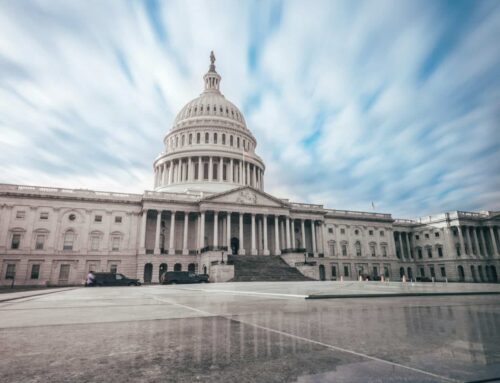Under current international trade agreements, foreign companies have the right to sue the U.S. government to recover damages for having to comply with environmental, public health and other laws that American firms must adhere to. These “protections” grant foreign investors doing business in the U.S. power over federal and state laws that should make the most polluting American industries turn green with envy.
Not only can foreign companies sue, they can collect billions of dollars in damages from taxpayers. Since the establishment of the North American Free Trade Agreement (NAFTA) in 1992 more than $3 billion in such lawsuits have been filed. Unless Congress acts to ban or limit the growth of these investor protection lawsuits, it could cost taxpayers $32 billion in monetary damages, annually, according to a TCS report released this week.
The poster child of investor protection suits was filed by the Methanex Corporation against the state of California for $1 billion. In 1999, after realizing that MTBE, a gasoline additive, was contaminating drinking water, California lawmakers voted to protect the health of its citizens and passed a law to phase out the use of MTBE. Under NAFTA's Chapter 11 investor protection provisions, Methanex, the manufacturer of a major component to MTBE, has now sued California for the $1 billion in future profits that they will lose out on.
The only thing probably keeping US companies from getting too jealous is the fact that these provisions allow them to file their own lawsuits in foreign countries where they do business. Phillip Morris has threatened to sue if the Canadian government protects public health by banning the use of deceptive terms such as “light” and “mild” in cigarette packaging and advertising. Conversely, a foreign tobacco company could prevent the U.S. from passing similar legislation or sue taxpayers for damages.
If left untouched, the current investor protection provisions in the Bipartisan Trade Promotion Authority Act will serve to enhance corporate profits at the expense of taxpayers and citizens in every country that is part of these trade agreements. The likely result will involve U.S. laws getting narrowed down to the lowest common denominator and taxpayers will be left saddled with the cost of prioritizing corporate profits above everything else.
Senator John Kerry (D-MA) is expected to offer an amendment to narrow the ability of foreign investors operating in the United States to bring lawsuits to overturn federal and state laws on a range of issues that they charge as unfair. Congress needs to protect the federal pocketbook and show that our nation's environmental and public health is more important than foreign investor profits by limiting these so-called investor protections.










